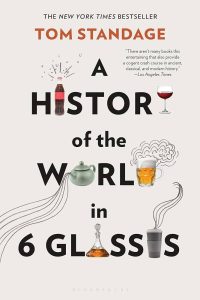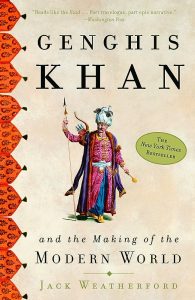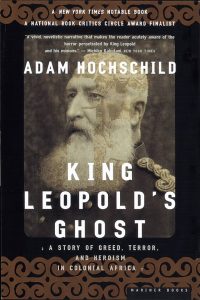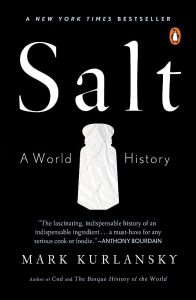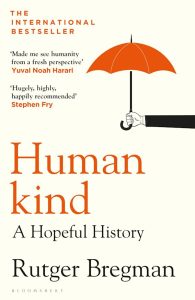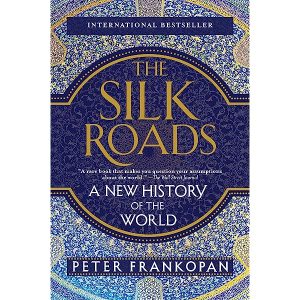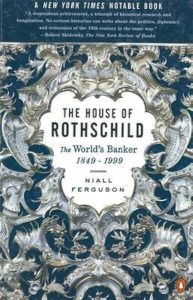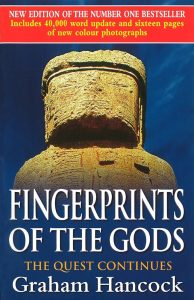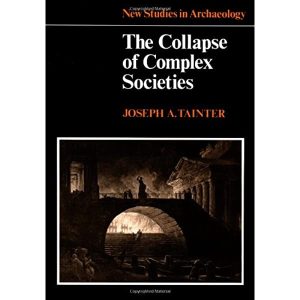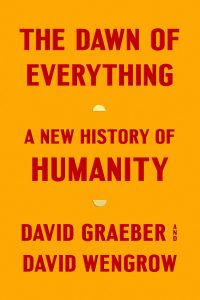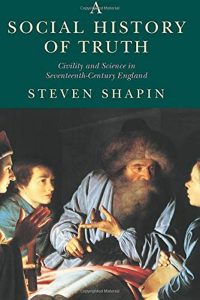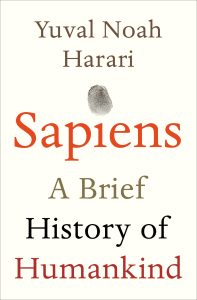Uncover the Fascinating Story of Human Evolution with A History of the World in 6 Glasses
“A History of the World in 6 Glasses” is a fascinating read that takes us through time and around the globe, exploring the history and influence of different beverages. Written by Tom Standage, this book takes us on an educational journey to discover how beer, wine, spirits, coffee, tea and coca-cola have shaped cultures across centuries. From the ancient world to modern day, this book offers readers an entertaining and informative look at how these drinks have affected our lives. Standage paints vivid pictures of how each drink has been used politically, socially, economically and religiously throughout history. With its unique approach to history and engaging writing style, “A History of the World in 6 Glasses” is sure to be an enjoyable read for anyone interested in learning about the impact of different beverages. In addition to exploring the role that these drinks have played in history, this book also delves into their current status and importance in our daily lives. All in all, “A History of the World in 6 Glasses” is an entertaining and informative read that will leave you with a greater understanding of the power of beverage consumption throughout history.

